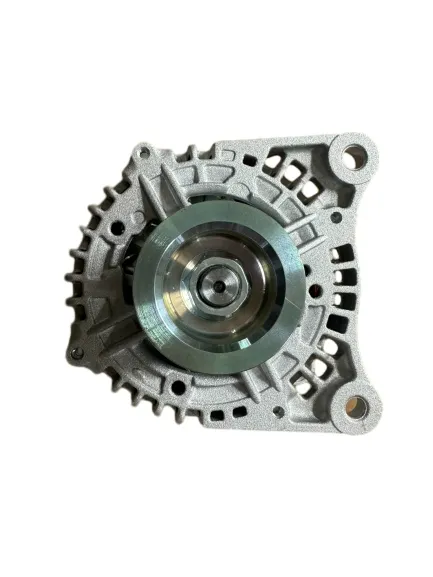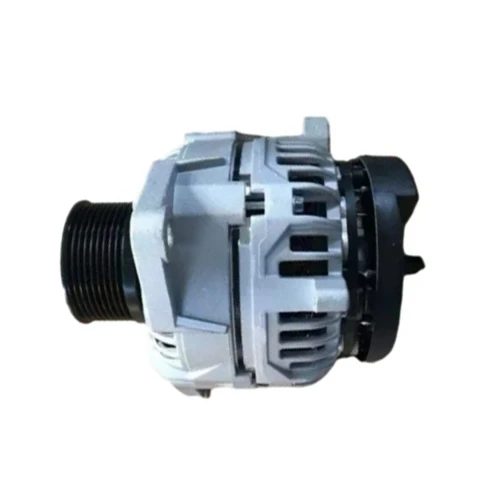Your car’s heart may be its alternator—the unsung hero turning engine power into the electricity that keeps your headlights bright, your devices charged, and your dashboard alive. When it falters, you’ll notice. Dimming lights, a battery warning that won’t quit, or a car that won’t start can all point to an alternator in distress.

So what does it cost to replace? Across the United States, most drivers see a total bill in the broad range of 400 to 800 dollars. The price depends on two main factors: the unit itself and the labor to install it. A new alternator can run roughly 150 to 500 dollars, depending on the vehicle and whether you choose OEM or aftermarket parts. Labor charges vary by shop and region, typically between 100 and 300 dollars. For luxury or European models, or if the job requires additional belt or pulley work, totals can climb toward 800 to 1000 dollars.
If you’re tempted by remanufactured or rebuilt options, you can shave a little off the parts cost—often 50 to 150 dollars—though warranties may differ. DIY enthusiasts may cut labor costs further, but the job isn’t risk-free. An improper installation can damage the electrical system or leave you stranded, so weigh your skills against the potential savings.
Why invest in a replacement? Because a failing alternator can drain your battery, stall your drive, and leave you stranded far from help. Prompt replacement protects not just the charging system but every accessory wired to it—from your starter and signals to your entertainment system.
To get the best deal, shop around: ask for a written quote that includes parts and labor, request a warranty, and confirm whether a belt, tensioner, or related components are included. Read reviews, and choose a shop with transparent pricing and a good track record.
Your car deserves reliable power—and the right price can keep you confidently on the road.
We effectively solve the pain points of traditional Benz Alternator alternators such as easy loss, unstable power generation, and poor adaptability, making vehicle power output more reliable and operating costs lower.With multiple core patented technologies and rigorous quality control systems (such as 9001 certification), we have established long-term partnerships with over 300 automotive manufacturers and component suppliers worldwide. Cummins AlternatorOur products are exported to countries such as Europe, America, Southeast Asia, and Africa, with an annual production capacity exceeding 300000 units. We have won market trust with stable delivery and after-sales support.Behind the brand is a group of engineers and craftsmen who specialize in automotive power technology. Wei Chai AlternatorThe company covers an area of over 26000 square meters and has five production lines, equipped with precision CNC machining centers, dynamic balancing machines, automatic paint dipping machines, automatic paper insertion machines, imported DV testing benches and other professional testing instruments and equipment. Strict product management standards ensure the good reputation of the products. Heavy Truck Man AlternatorFor 30 years, we have adhered to independent innovation, from technological breakthroughs in our first generation products to achieving low-carbon upgrades across our entire product line. Daf AlternatorWe have always been customer-oriented and integrated every detail of our craftsmanship into our products.Howo Alternator | Perkins Alternator | Daewoo Alternator | Lucas Alternator | Mitsubishi Alternator | Kubota Alternator | Scania Alternator | Yu Chai Alternator | Volvo Alternator | CONSTRUCTION MACHINERY SERIES | Carterpillar Alternator | XiChai Alternator | DongFeng AlternatorWe are a professional manufacturer with 30 years of experience in the field of automotive generators, always committed to providing a stable power heart for vehicles worldwide. Relying on industry-leading research and development and intelligent manufacturing capabilities, we provide efficient, durable, and intelligent alternators solutions for users in all scenarios such as commercial vehicles, passenger cars, and engineering vehicles.
